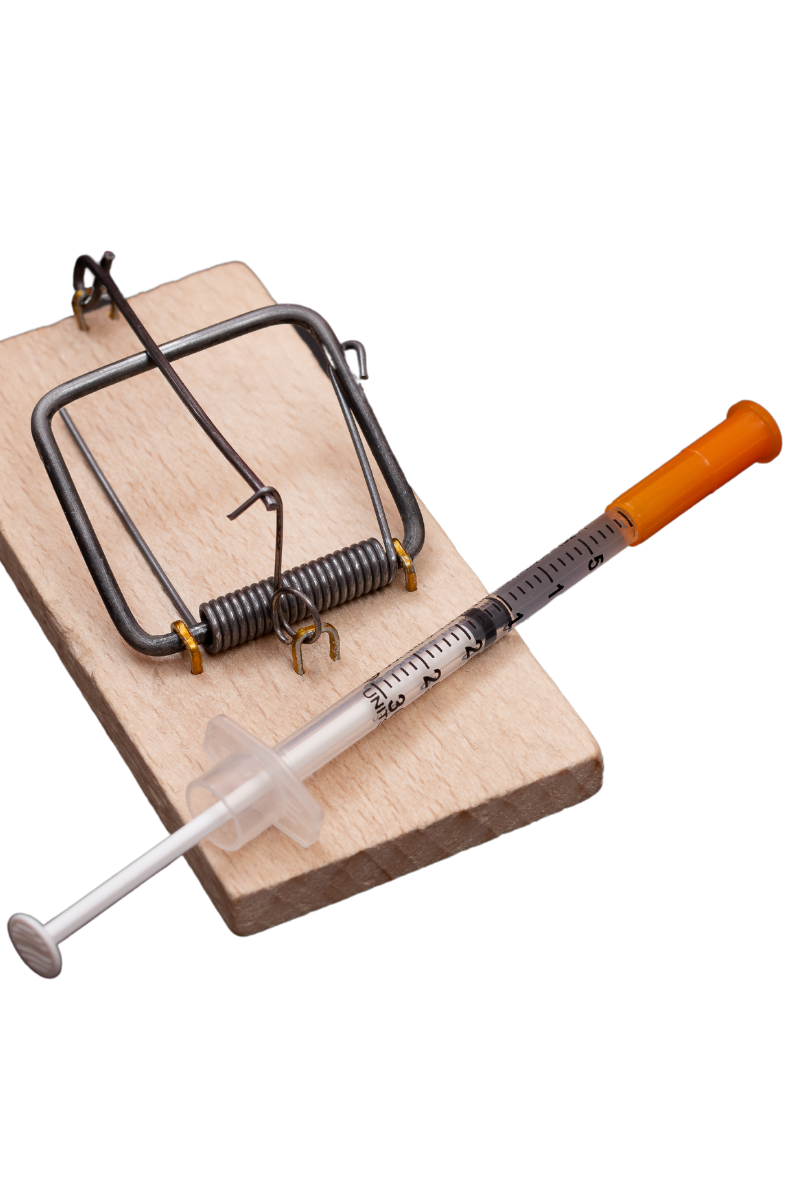Opioid Addiction Treatment in Los Angeles

Whether for yourself or a loved one..
Understanding opioid addiction can be difficult, but know that you’re not alone. There is hope, and we’re here to guide you toward the help you need.
Speak to our treatment advisors today
All you need for successful opioid addiction recovery
Comprehensive opioid addiction treatment at luxury facility in California

Understanding Opioid Addiction
Addiction can be a complex and difficult condition to identify, especially for those directly affected or their loved ones. The behaviors associated with opioid addiction can gradually creep into one’s life, making it hard to differentiate between occasional use and dependency. But understanding the signs of opioid addiction can guide you toward the help you or your loved one may need.
How can you tell if you or a loved one is addicted to opioids?
Several red flags indicate opioid addiction. Recognizing them early can lead to quicker intervention and support:
- Strong cravings: A consuming need to use opioids that overshadows other priorities.
- Neglecting responsibilities: Avoiding important tasks and responsibilities at work, home, or school because of opioid use.
- Risky behaviors: Engaging in dangerous activities like using drugs in unsafe environments or mixing substances to achieve stronger effects.
- Increasing tolerance: The body needs progressively higher doses to achieve the same high.
- Withdrawal symptoms: Experiencing intense physical or psychological discomfort (e.g., anxiety, sweating, nausea) when the drug isn’t used.
What are the most common signs of opioid dependence?
Opioid dependence affects both the mind and body, causing changes that might go unnoticed without careful observation:
- Physical changes: Noticeable weight loss, persistent nausea, and overwhelming fatigue.
- Mental health: Worsening anxiety, depression, or increasing difficulty focusing on daily tasks.
- Changes in behavior: Missing important obligations, becoming secretive, or taking big risks to obtain the drug.
Identifying these signs of opioid addiction can be the first step toward recovery. Understanding the signs and acknowledging the need for help is a courageous move toward a healthier future.
Transform desperation into a new beginning
We understand the courage it takes to seek help — we're dedicated to provide the care you deserve.

The Risks of Opioid Use
Opioid misuse poses severe risks that go beyond addiction itself, affecting nearly every aspect of a person’s health and well-being. Recognizing these risks can underscore the importance of seeking opioid addiction treatment early.
Life-Threatening Risks
- Respiratory depression: Opioids slow down breathing, which can lead to dangerous, sometimes fatal, respiratory failure.
- Overdose: The high risk of overdose, especially with stronger opioids or contaminated drugs, can quickly become life-threatening.
- Heart issues: Long-term use can lead to heart infections, irregular heartbeats, and a higher chance of heart attack.
Long-Term Effects
- Brain changes: Prolonged use alters brain chemistry, affecting decision-making and increasing dependency.
- Organ damage: Chronic use can damage the liver and kidneys, leading to long-term health problems.
- Mental health deterioration: Anxiety, depression, and cognitive impairments are common among those with long-term opioid use.
Misconceptions About Pain Management
Opioids can provide temporary relief from severe pain, but their high potential for addiction and overdose makes them unsuitable for long-term pain management. Heroin, a form of opioid, is particularly dangerous and is never considered a safe option for pain management.

Challenges in Opioid Addiction Treatment
We understand that taking the first step toward recovery is never easy. The challenges of overcoming opioid addiction can feel overwhelming, but you don’t have to face them alone. Here are the common obstacles and how we can help you navigate through them:
Withdrawal Symptoms
Going through opioid withdrawal is tough. It’s physically and mentally exhausting, often leading to a relapse for those who attempt it alone. At our center, we offer medically supervised detox from opioids to ease the discomfort of withdrawal symptoms, making the transition to sobriety safer and more manageable.
Accessibility of Treatment
Finding affordable and effective opioid addiction treatment shouldn’t be a struggle. We work with a wide range of insurance providers and offer flexible payment plans to ensure that finances don’t stand in the way of getting the help you need.
Co-Occurring Mental Health Disorders
Dealing with addiction is often complicated by mental health issues like depression or anxiety. Our experienced team provides comprehensive substance abuse treatment that addresses both addiction and mental health, helping you find balance and healing.
Social Stigma
It’s normal to feel hesitant about seeking help because of the stigma around addiction. At our center, we welcome you with open arms, offering a judgment-free environment where you can speak freely and find the support you need. You deserve to be treated with compassion and respect.
Our mission is to guide you toward recovery, no matter how challenging the journey might seem. You’re not alone, and we believe in your ability to overcome these obstacles.
Have questions?
Effective Strategies for Treatment
Overcoming opioid addiction requires a multifaceted approach that considers each individual’s unique needs. Effective strategies include:
Medication-Assisted Treatment (MAT)
Combining medication with counseling and support helps reduce cravings and withdrawal symptoms. Medications like buprenorphine or methadone are carefully administered to ensure the right balance, allowing individuals to focus on recovery.
Counseling and Therapy
Uncovering the root causes of addiction is essential for long-term recovery. Individual and group therapy provide safe spaces to explore these issues, while developing healthier coping strategies and learning from others who share similar experiences.
Support Groups for Opioid Addiction
Building a supportive network can be crucial for lasting sobriety. Participating in support groups for opioid addiction offers encouragement, fosters shared success, and allows individuals to receive advice from others who understand their journey.














